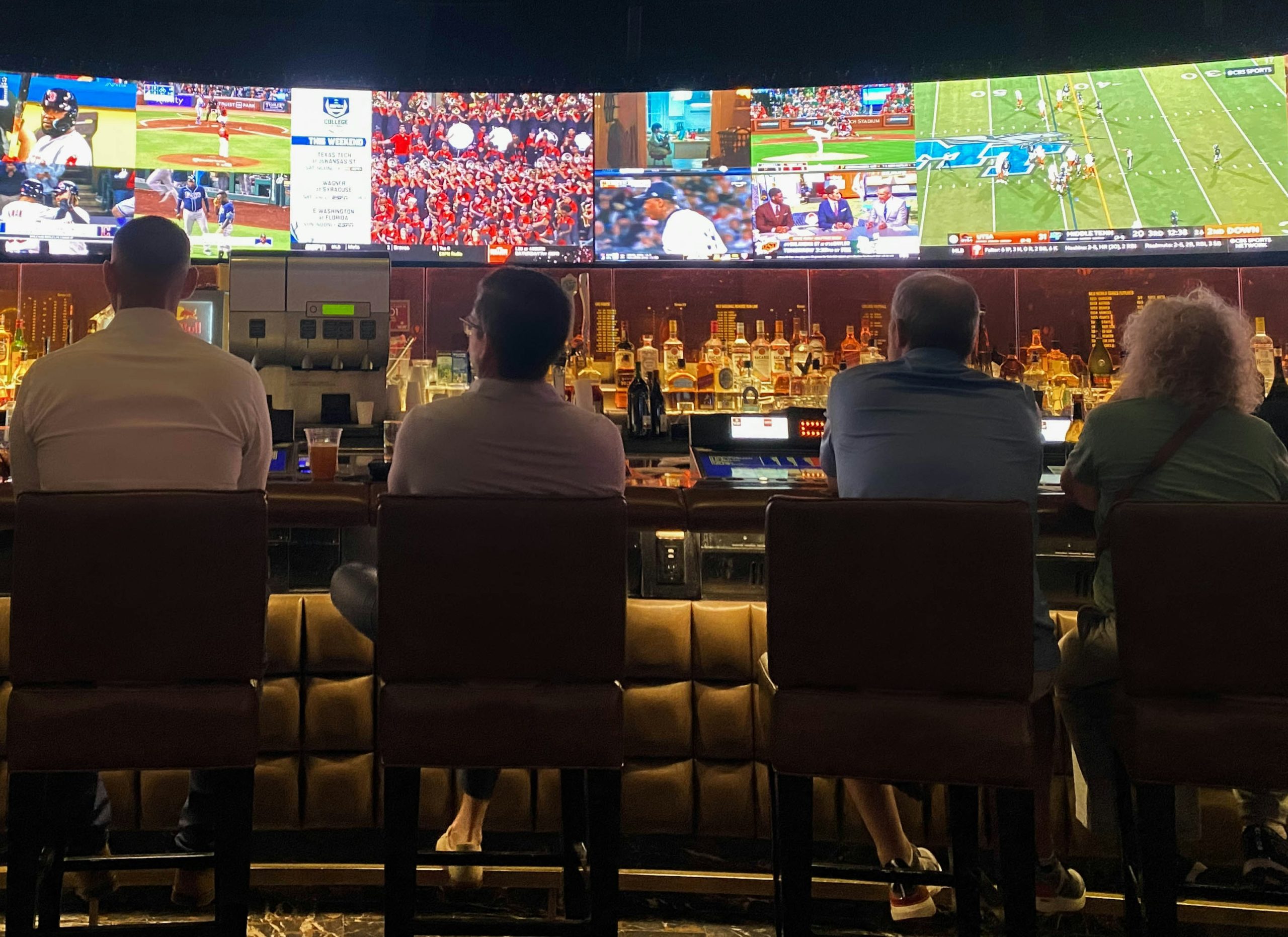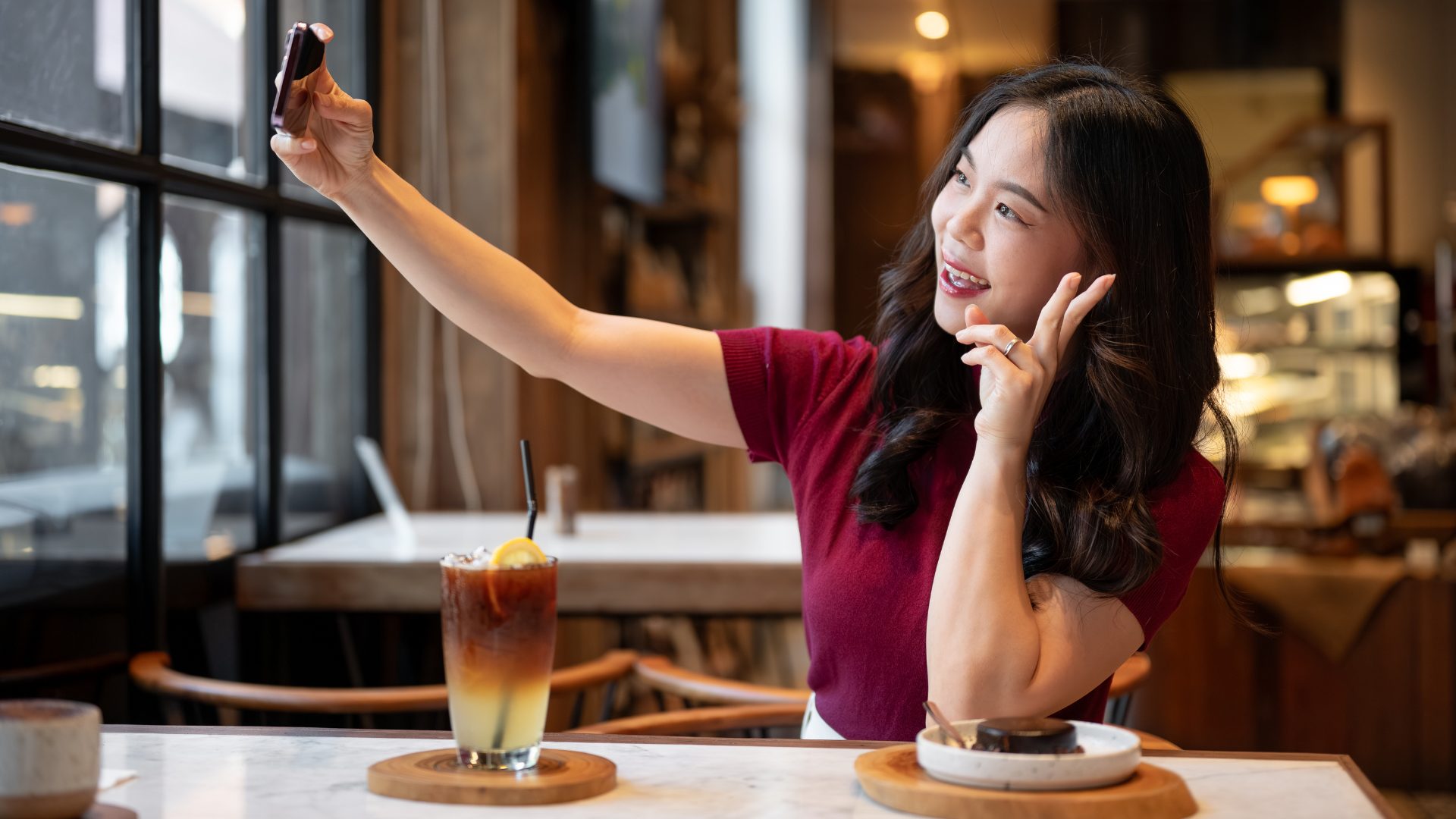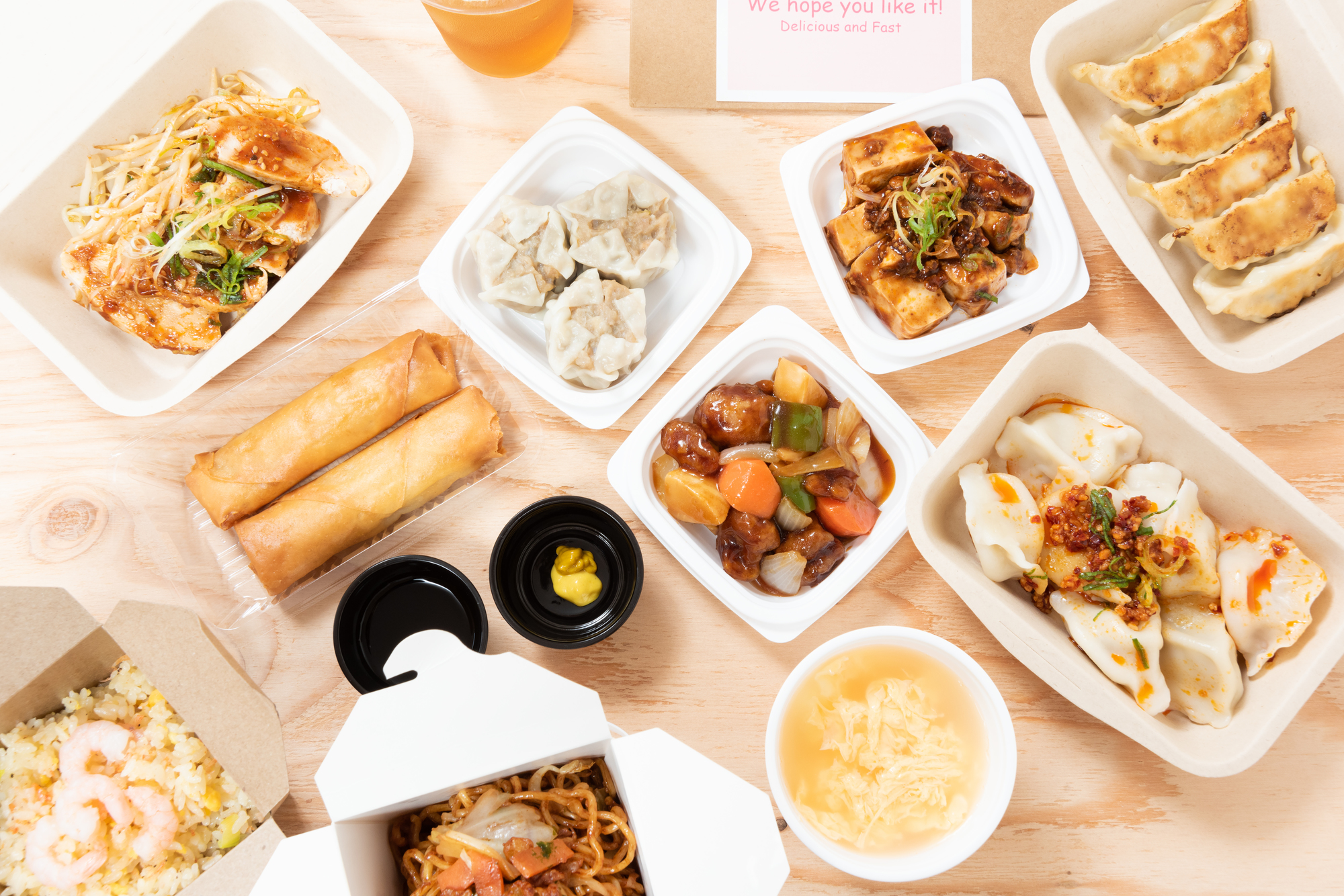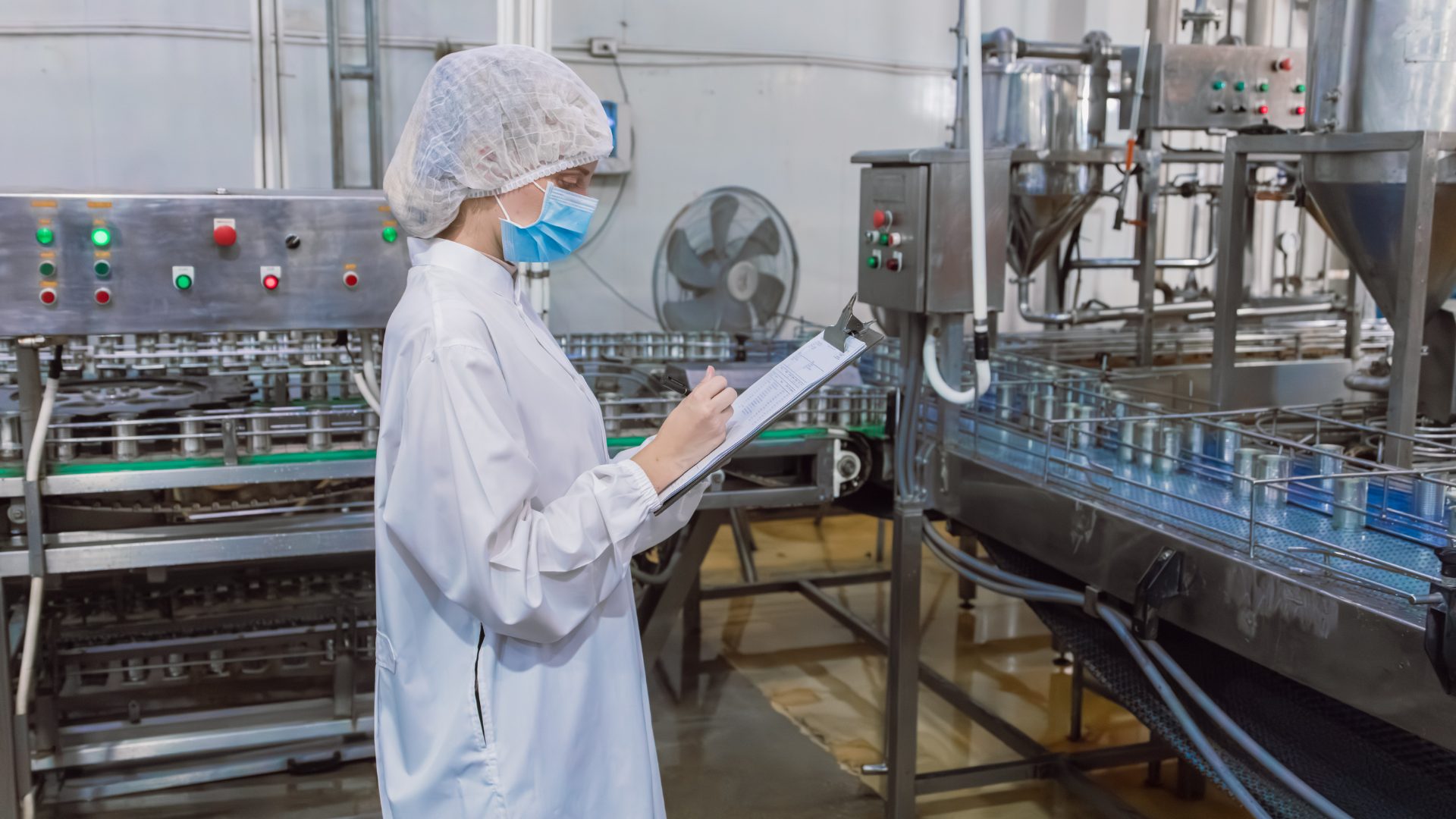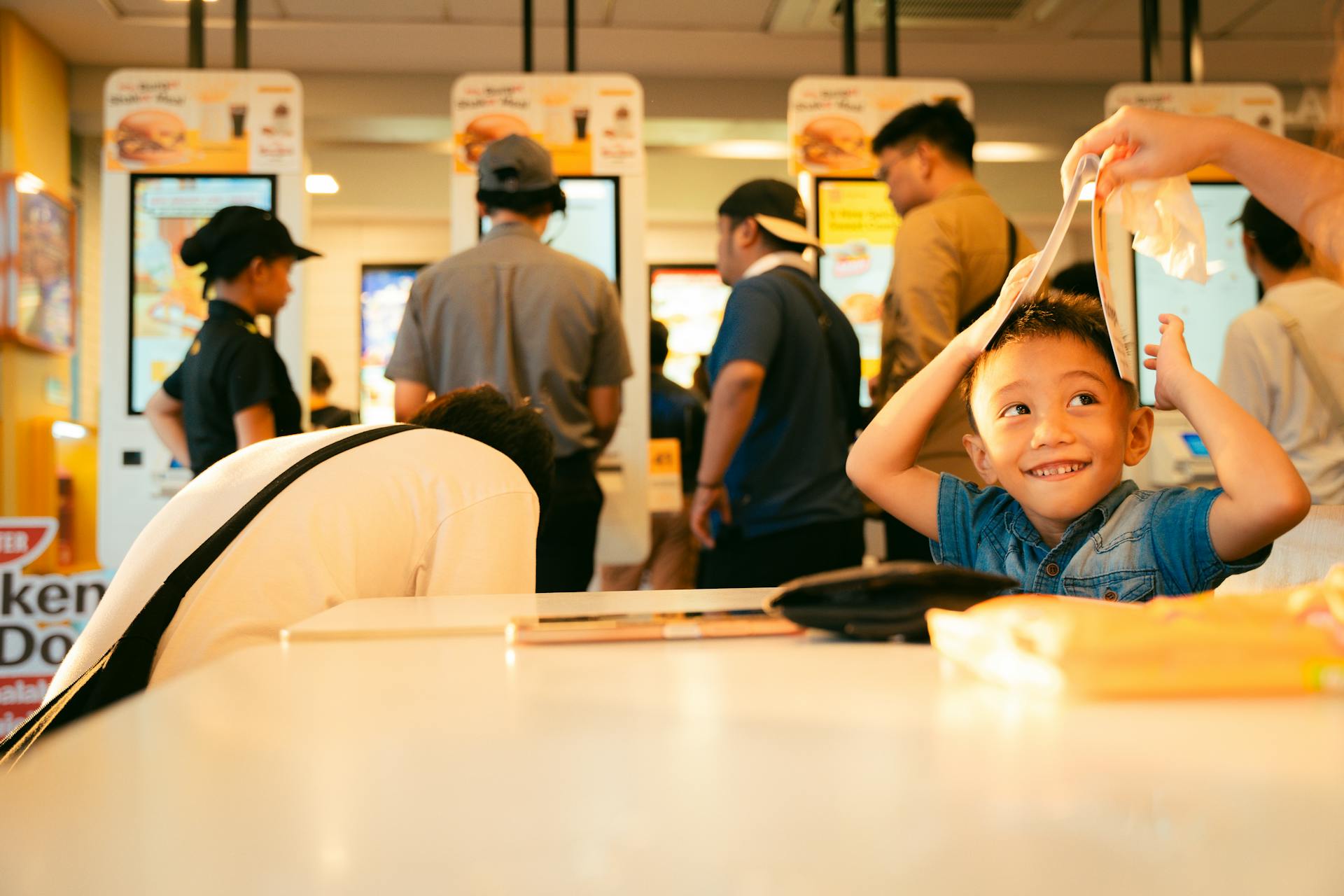Some parts of the economy are beginning to improve, as spending on hotels, restaurants, airlines, and other industries hurt by social distancing appears to be picking up, reported The Wall Street Journal (May 25).
Data from OpenTable showed diners are starting to return in several states. Overall, the U.S. has experienced around a 12% to 13% improvement. The states with the most improvement include Alabama, Arizona, Florida, Indiana, Ohio, South Carolina, and Texas, according to Food Institute analysis.
“We’re past the trough in terms of peak damage,” said Gregory Daco, chief U.S. economist at Oxford Economics, with high-frequency indicators showing “a burgeoning rebound in terms of how much people are spending.”
Additionally, truck freight loads are increasing. According to Truckstop.com, which measures demand in trucking’s spot market, its weekly index has improved for four straight weeks and available loads were up 27% in the week ending May 18.
However, the unemployment rate could still move about 20% in May, according to a White House economic adviser.
Meanwhile, more companies are beginning to test asymptomatic workers, but are still unsure about the logistics of whom to test, and how often, particularly given that tests typically cost $100 or more each, reported The Wall Street Journal (May 25). Smithfield Foods offers free coronavirus tests to all of its workers on a continuing voluntary basis, an attempt to catch and quickly isolate infected personnel.
Tyson conducted mass testing at several facilities, and in some cases more than half of those who tested positive had no symptoms.
Aramark developed tailored playbooks for safe reopening for all of its businesses and market segments. Safety and service enhancements include: signage and floor decals to encourage social distancing; increasing self-order kiosks and touchless self-checkout terminals; installing self-serve micro markets and pop-up groceries; and investing in and expanding emerging technologies to drive contactless experiences.
“While cafes, dining halls, cafeterias, and concessions stands may look a little different, I am confident that they will feel and be safe for our employees and everyone we serve,” said John Zillmer, Aramark’s CEO. “Our teams have been working incredibly hard, partnering with health and food safety experts, to ensure our locations meet stringent standards for dining in today’s new environment.”
Many companies say the ideal would be rapid-result testing that could give employees an all-clear before entering work each day. Diagnostic-testing companies Abbott Laboratories and Cepheid both have machines that can deliver test results in 45 minutes or less, but they are primarily selling those devices to the healthcare system.
Regulators recently approved a different rapid diagnostic test that detects parts of proteins on the virus and returns results in 15 minutes. Quidel Corp., the maker of the test, already received interest from several organizations, according to CEO Douglas Bryant.
In addition, PathSpot, the creator of a real-time hand hygiene management system that protects against the threat and spread of illness with a hand scanner that tracks hand washing frequency and effectiveness, recently raised $6.5 million in series A financing.
“PathSpot works alongside the food industry to promote hand washing and enhance a positive culture around sanitation, using data to help plan and protect against future risk,” said Christine Schindler, CEO and cofounder, PathSpot.


